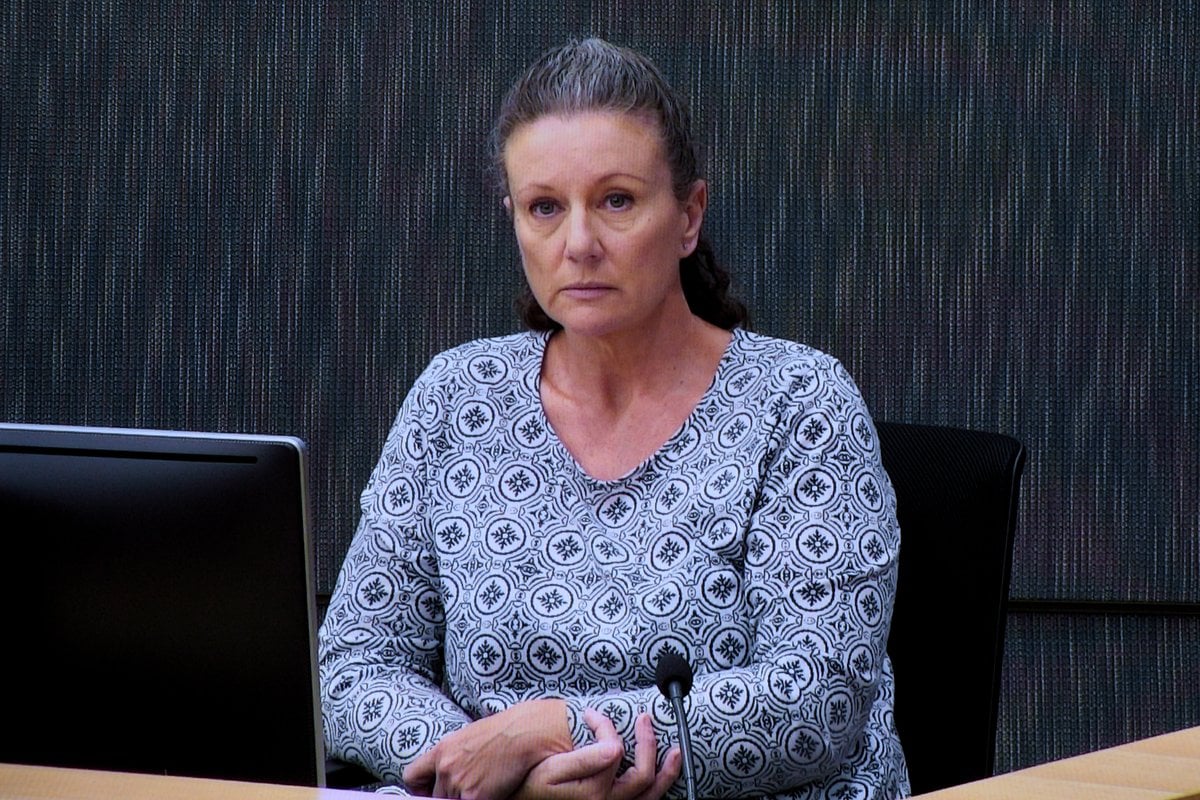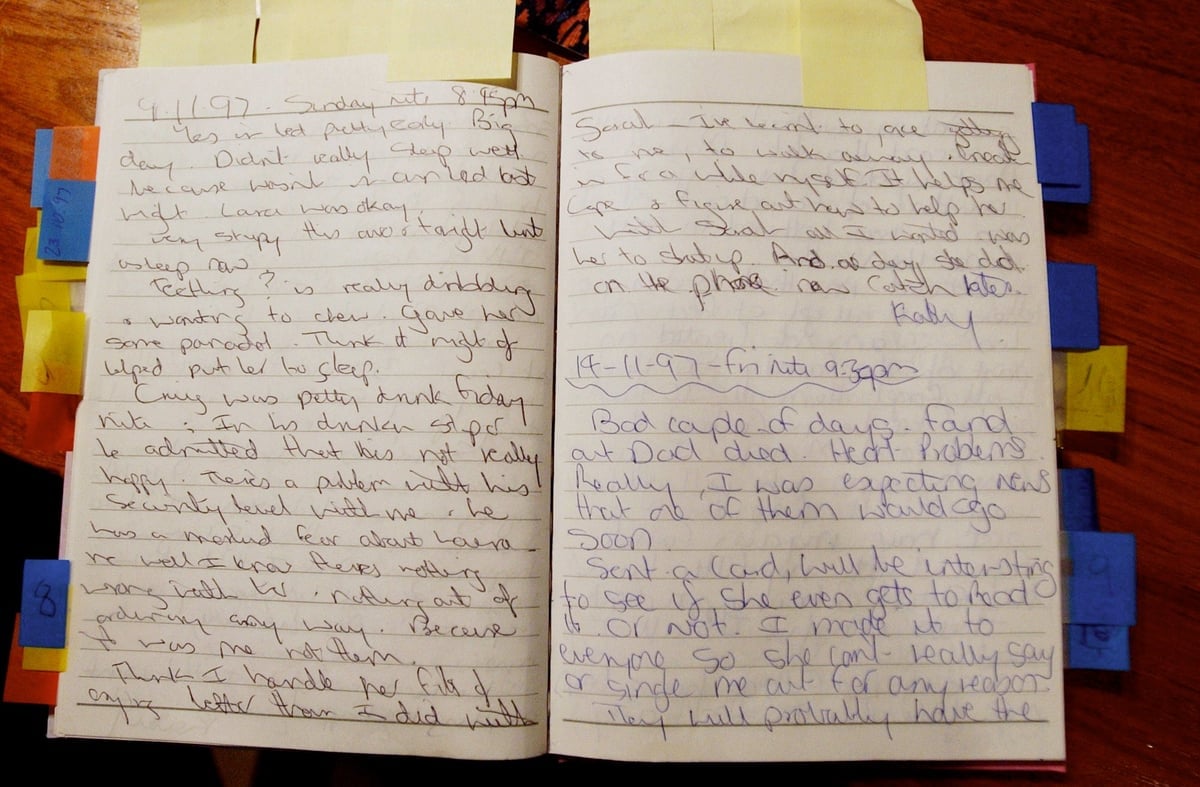
Kathleen Folbigg is known as Australia's worst female serial killer.
The 53-year-old, currently behind bars for the murder of her four children between 1989 and 1999, has been in prison for the past 18 years, although prominent scientists are currently petitioning for her conviction to be reversed.
But as they rally for her release, Folbigg has reportedly been 'bashed' by a fellow inmate after being transferred to a prison in Northern NSW, according to The Australian.
Here's what we know about Kathleen Folbigg's life behind bars, and why scientists believe she is innocent.
Kathleen Folbigg's life in prison.
Kathleen Folbigg has spent the majority of her time behind bars in Sydney's Silverwater prison but was recently transferred to the Clarence Correctional Centre in Grafton before New Year's Eve.
In a letter to her friend, obtained by The Australian, Folbigg wrote: "In first 5 days all my forward motion and hard work to be accepted in Main Pop(ulation) in Sydney was destroyed here.
"I was assaulted on the 1st. Happy New Year to me. No real damage done. Purple eye, few bruises, all because the women didn’t want ‘likes of me’ in their unit."
Her friend told the publication that she fears for Folbigg's life while imprisoned because she is suffering "physical, emotional and psychological trauma".
Folbigg was convicted in 2003 and sentenced to 40 years in prison, which was reduced on appeal in 2005 to 30 years, with a non-parole period of 25 years.

